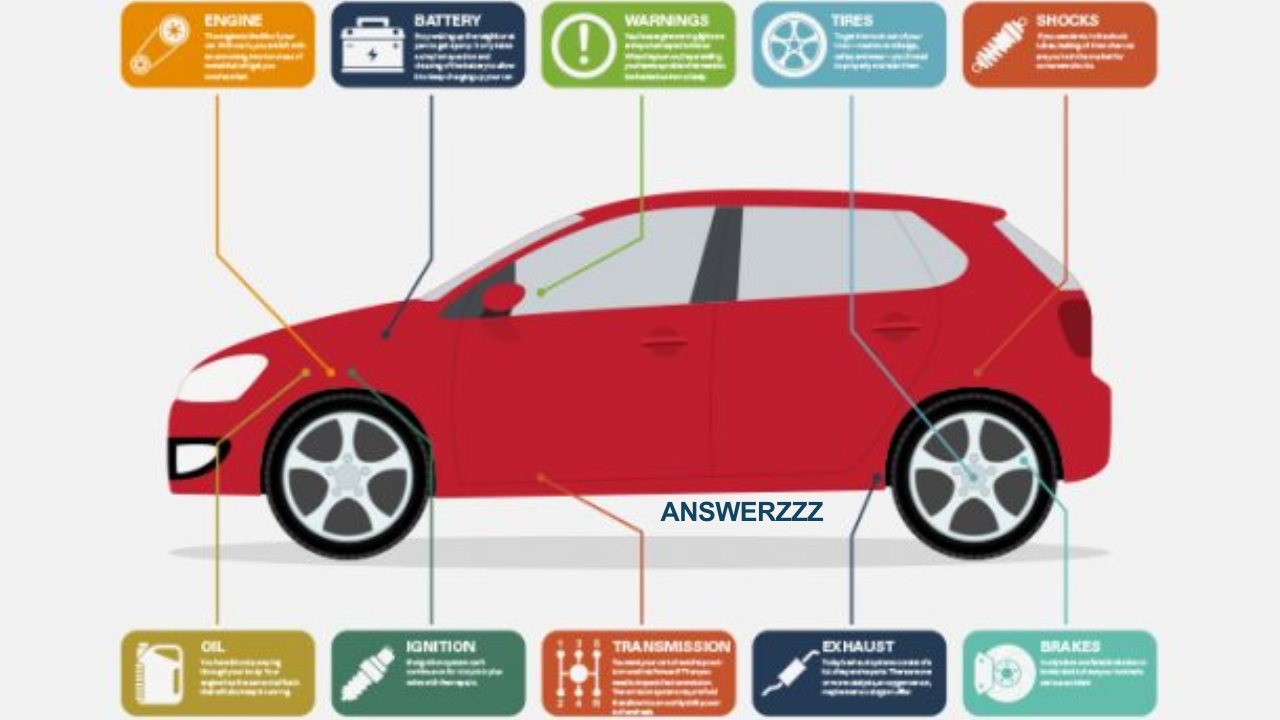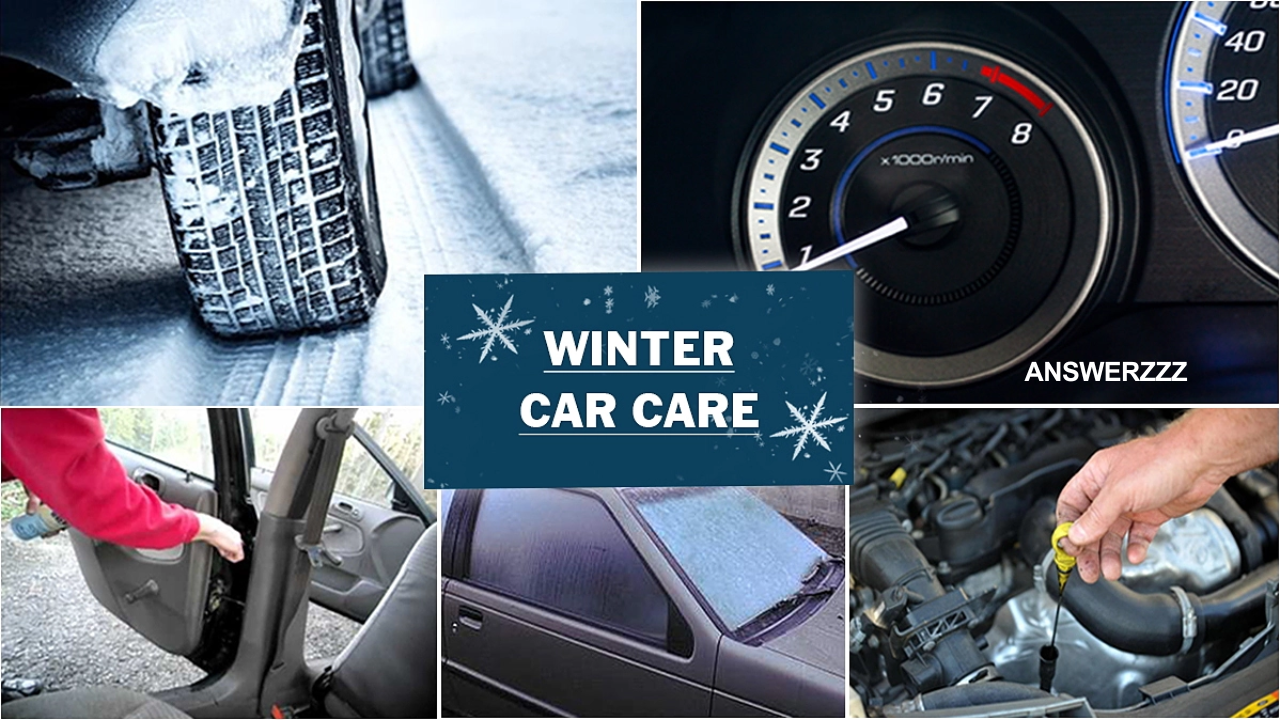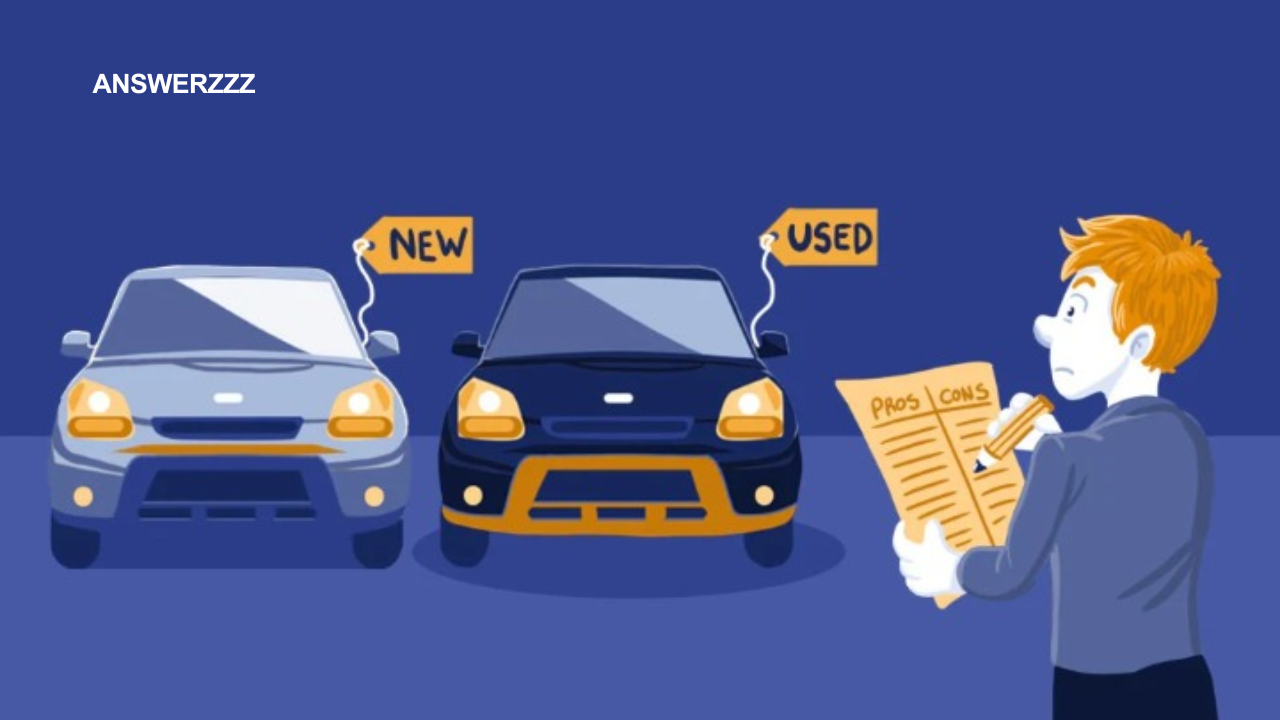Regular car maintenance is essential not only for prolonging the lifespan of your vehicle but also for ensuring your safety on the road. When you neglect proper care, minor issues can quickly escalate into major problems, potentially leading to costly repairs and compromising your driving experience. To help you keep your vehicle in tip-top shape and avoid unexpected breakdowns, here are the top five car maintenance tips that every vehicle owner should follow.
1. Regular Oil Changes: The Lifeblood of Your Engine
Oil is often referred to as the “lifeblood” of your vehicle’s engine. It plays a critical role in lubricating the engine’s moving parts, reducing friction, and preventing overheating. Over time, engine oil breaks down and becomes less effective at performing its vital functions. If you fail to change your oil regularly, the engine could start to experience damage, leading to decreased performance, lower fuel efficiency, and, in the worst-case scenario, a complete engine failure.
To keep your engine running smoothly, it’s essential to follow your vehicle’s manufacturer-recommended oil change intervals. Most cars require an oil change every 3,000 to 7,500 miles, but this can vary depending on the type of oil used, the age of your vehicle, and your driving habits. Synthetic oils often last longer and can withstand higher temperatures, so if your car uses synthetic oil, you might be able to go longer between changes.
Additionally, always check the oil level and condition periodically. If you notice the oil is low or dark in color, it’s a sign that it’s time for a change. Regular oil changes help keep the engine running efficiently, boost fuel economy, and can even extend the lifespan of your car.
2. Tire Maintenance: Check, Rotate, and Align
Your tires are the only point of contact between your car and the road, making them one of the most critical components in your vehicle’s safety and performance. Proper tire maintenance is key to ensuring they provide maximum traction, wear evenly, and contribute to fuel efficiency.
Start by checking the tire pressure regularly. Under-inflated tires can cause uneven wear, reduce fuel economy, and increase the risk of a blowout. Most vehicles have a recommended tire pressure that can be found in the owner’s manual or on a sticker inside the driver’s door frame. Check your tire pressure at least once a month, and adjust as needed. Tires should be checked when cold, as tire pressure increases with heat from driving.
Tire rotation is another important part of tire maintenance. Over time, the weight distribution in your vehicle causes certain tires to wear faster than others. By rotating your tires every 6,000 to 8,000 miles, you can ensure that the wear is more even across all four tires, extending their lifespan and improving overall handling.
How Electric Vehicles are Changing the Future of Transportation
Wheel alignment is also essential. Misaligned wheels can cause your vehicle to pull to one side, increase tire wear, and affect the performance of your suspension system. If you notice your steering wheel vibrating or your car pulling to one side, it’s time to have your alignment checked.
3. Brake Inspections: Don’t Ignore Warning Signs
Your vehicle’s braking system is one of its most vital safety components. Regular brake maintenance ensures that your car can stop quickly and effectively in an emergency. Ignoring brake issues can lead to serious accidents or even total brake failure.
There are several signs that your brakes may need attention. If you hear squeaking or grinding noises when applying the brakes, or if the brake pedal feels soft or unresponsive, it’s time for an inspection. These issues could indicate worn-out brake pads, low brake fluid, or problems with the braking system.
Brakes should be inspected every 10,000 miles or at least once a year, even if you don’t notice any immediate problems. If your brake pads are worn down, they will need to be replaced to avoid damage to the rotors. Regular maintenance of the braking system ensures that you maintain control of your vehicle and can stop quickly when needed, which is especially important for your safety and that of others on the road.

4. Keep the Cooling System in Check
The cooling system is responsible for regulating your car’s engine temperature, preventing it from overheating. If the system fails, the engine can quickly reach dangerous temperatures, leading to major damage or even engine failure. Ensuring your cooling system is in good working order is critical for your car’s longevity and performance.
Start by regularly checking the coolant level in your radiator. Low coolant can cause the engine to overheat, especially during hot weather or while driving in heavy traffic. Always make sure your vehicle’s radiator has the recommended amount of coolant, and top it off if needed.
In addition to checking the coolant level, it’s essential to have your radiator and hoses inspected for leaks or cracks. Over time, hoses can wear out and begin to leak, which can lead to a drop in coolant levels and engine overheating. If you notice any puddles of coolant under your car, it’s important to get the system checked by a professional.
Your vehicle’s thermostat, which controls the flow of coolant, should also be checked periodically. If it malfunctions, it can cause your engine to overheat or run too cool, reducing fuel efficiency. Replacing the thermostat and flushing the coolant system at regular intervals helps prevent overheating issues and keeps your engine running at the optimal temperature.
5. Replace Air Filters and Spark Plugs
Your vehicle relies on clean air for proper combustion and efficient engine performance. Air filters play a crucial role in keeping dirt, debris, and other contaminants out of the engine. Over time, however, air filters can become clogged with dust and dirt, restricting airflow and reducing engine efficiency. This can lead to poor acceleration, reduced fuel economy, and increased emissions.
To ensure your engine continues to run smoothly, check and replace your air filter every 12,000 to 15,000 miles, or as recommended by your vehicle’s manufacturer. If you drive in dusty conditions or often take your car off-road, you may need to replace the air filter more frequently.

Spark plugs are another key component that can affect engine performance. Spark plugs ignite the air-fuel mixture in your engine, allowing it to run efficiently. If they are worn or damaged, your engine may misfire, causing poor performance, rough idling, or decreased fuel efficiency. Spark plugs should typically be replaced every 30,000 miles, though this can vary depending on the type of spark plugs your vehicle uses.
Maintaining clean air filters and replacing spark plugs as needed helps ensure your engine operates efficiently, delivers optimal power, and saves on fuel costs.
Final Thoughts
Keeping your vehicle running smoothly doesn’t have to be complicated or expensive. By following these top five maintenance tips—regular oil changes, tire care, brake inspections, cooling system maintenance, and replacing air filters and spark plugs—you can ensure that your car remains in excellent condition for years to come. Not only will this help prevent costly repairs, but it will also improve safety and fuel efficiency.
How Electric Vehicles are Changing the Future of Transportation
Regular maintenance can also enhance the resale value of your car, as potential buyers are more likely to pay top dollar for a well-maintained vehicle. Remember, your car is an investment, and taking good care of it today can save you money, time, and hassle down the road.




